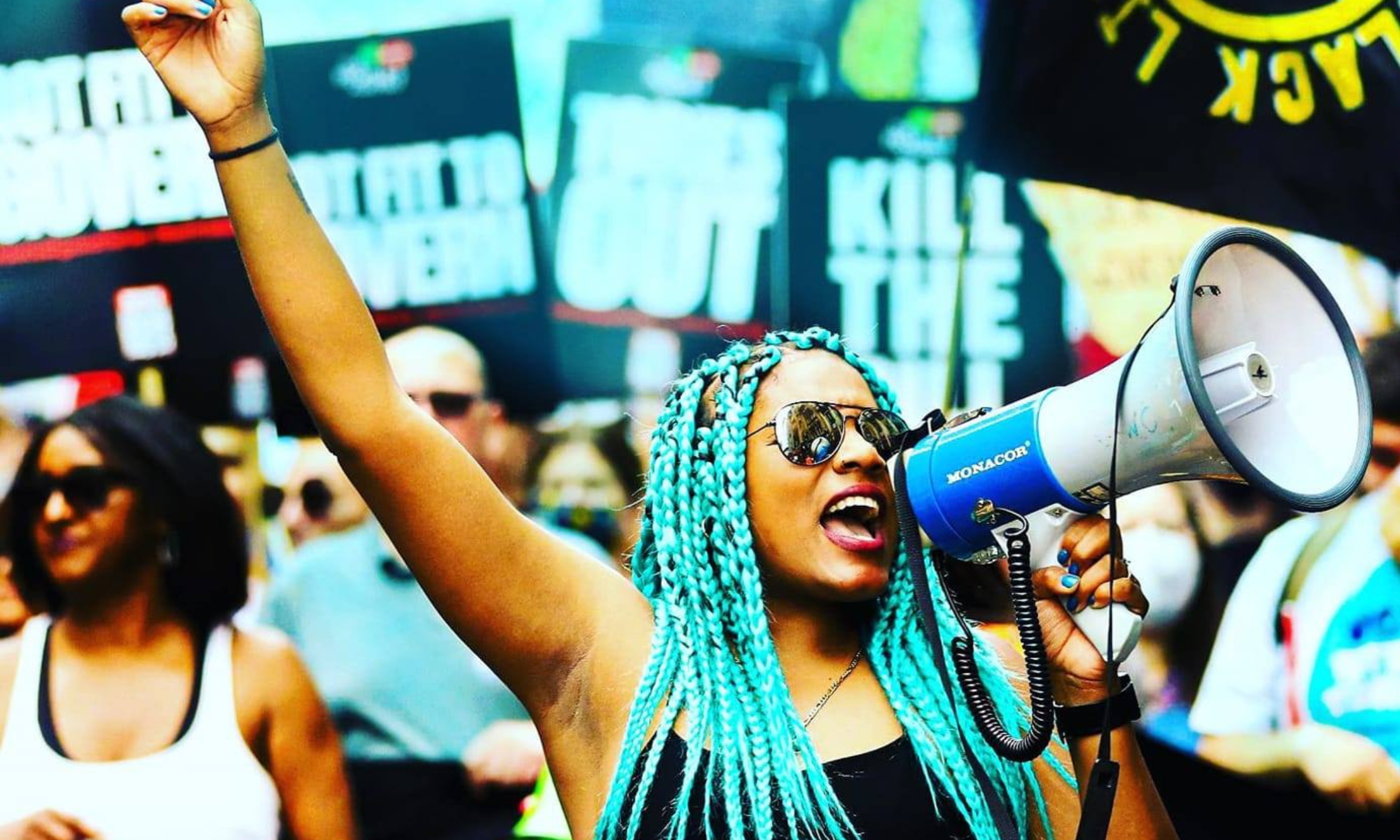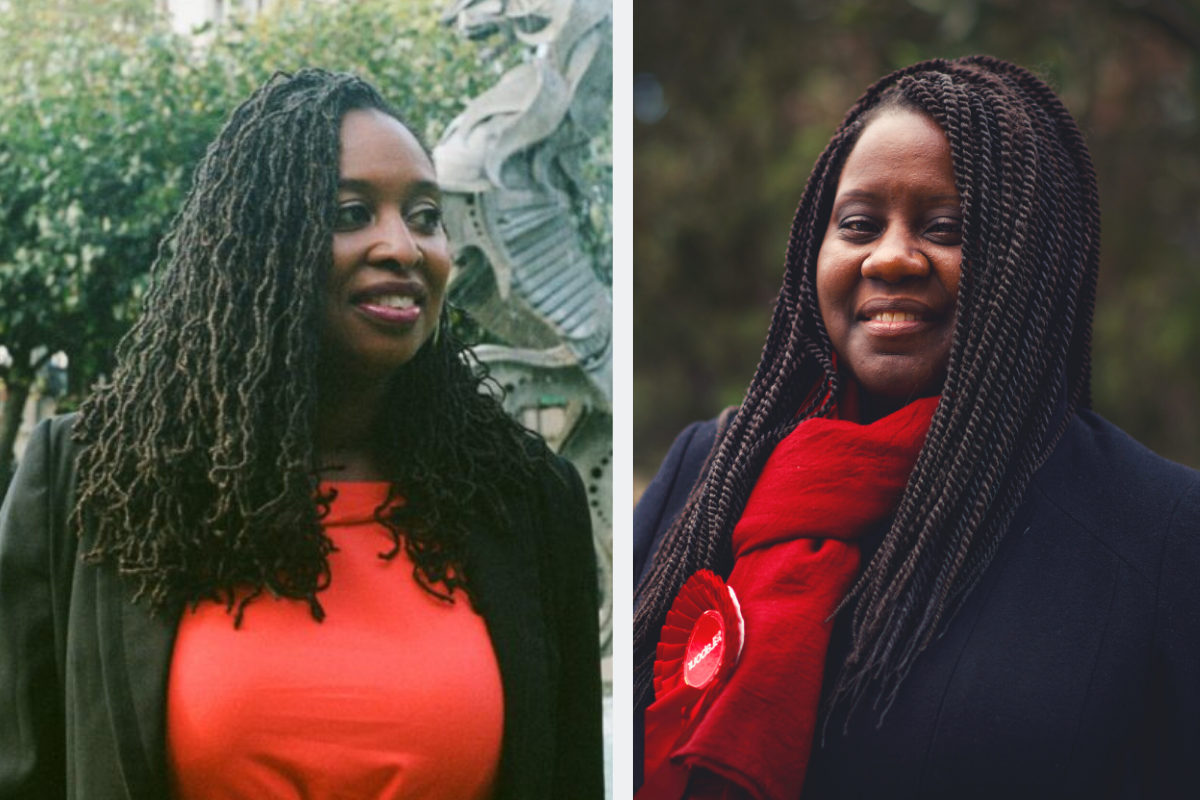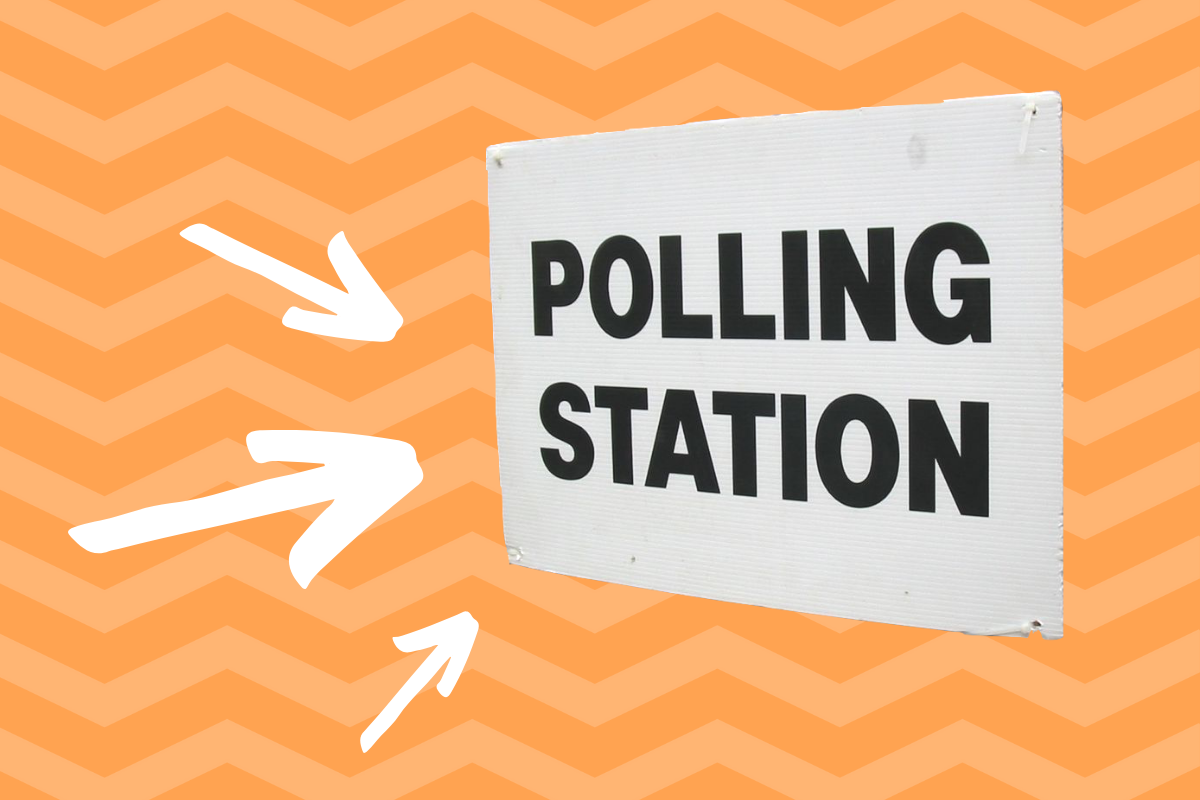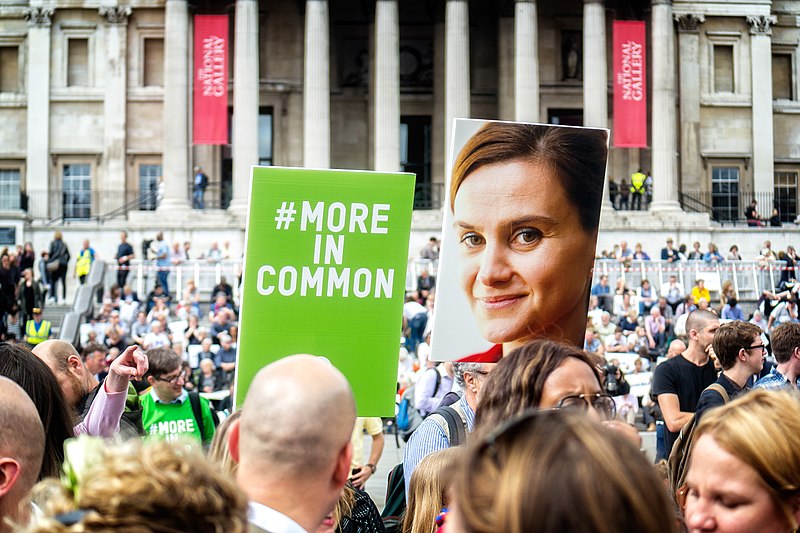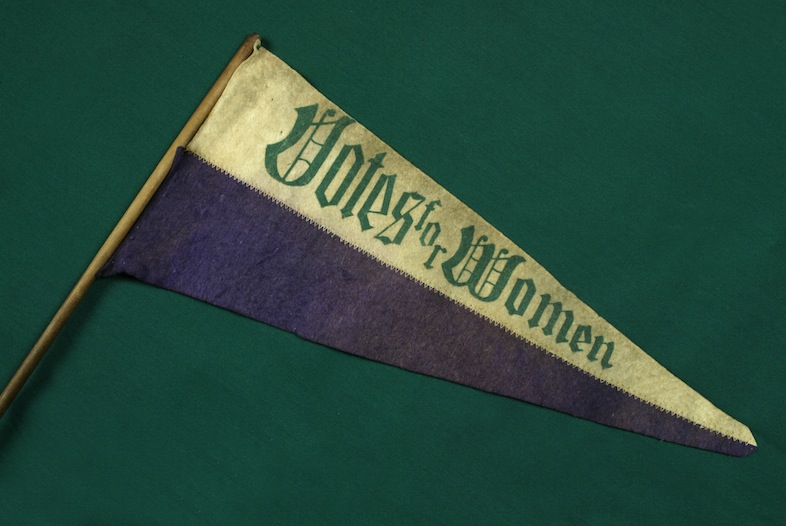
I remember the first time I voted. It was 2015, a time when politics wasn’t a complete shit storm (remember Ed Miliband’s bacon gate? Remember when that was the subject of much political commentary? Simpler times…) and I was in my second year of university. I had accidentally registered myself at my home address instead of my university address and so I had to travel the two-hour journey from Reading to London, in the midst of exam season, just to cast my vote.
“I grew up with a real sense of the need to preserve and fight for the right to democracy”
It was long as fuck and frustrating (ya girl had so many deadlines and not enough time) but honestly, nothing could have stopped me from exercising my right to vote. Shuffling awkwardly into that little booth in my old primary school to mark an X on that piece of paper holds so much meaning to me. My motivation to vote stems from the fact that I am a Kurdish Alevi from Turkey, a country where democracy is patchy at best. In Turkey, political disengagement is not a choice because politics seeps into every aspect of your life. If you find yourself on the wrong side, it can easily lead to imprisonment, torture, or death. So, I grew up with a real sense of the need to preserve and fight for the right to democracy.
This feeling has only been heightened over time, marked by my time in college, when I learnt about the suffrage movement during my A-level history lessons. The women’s movements in the 20th century were made up of various groups. The suffragists, led by Millicent Fawcett, opted for peaceful methods of campaign and protest, and they were led exclusively by middle-class women who only wanted the vote for property-owning women. Soon, some of the more radical members grew impatient with the middle-class respectability of the suffragists.
“The suffragettes chose to go down a route of militant action, with members smashing windows, assaulting police officers, and committing arson“
And so the WSPU (Women’s Social and Political Union), or the suffragettes, were born, under the leadership of Emmeline Pankhurst who believed it would take an active organisation, with young working-class women, to draw real attention to the cause. The suffragettes, frustrated that peaceful campaigning had brought about no change, chose to go down a route of militant action, with members smashing windows, assaulting police officers, slashing paintings, and committing arson. At a time when women were perceived to be delicate home-makers, to be seen but not heard, it was incredibly radical. Pankhurst, her daughters, and other members of the movement received multiple prison sentences, where they staged hunger strikes and were brutally force-fed with tubes.
Essentially, they were a group of badass women, who were unapologetic, who said fuck you to the status quo, and relentlessly persisted in their pursuit for justice and democracy at a time when women were not taken seriously. They proved the necessity of radical action to create change, summed perfectly by their slogan, “deeds not words”. The ultimate sacrifice was given by Emily Davison, when she threw herself under the king’s horse at the Derby in her final act of protest; she was severely injured and died days later.
“100 years on, do we have equal representation of the people?”
When reflecting on the courage of these women and their refusal to accept the very narrow mould of what it meant to be a woman in the early 1900s, it seems the least I can do is honour their sacrifices and actually turn up to vote. In the end, a combined effort of the various suffrage movements and women’s contribution to the war effort saw the introduction of the Representation of the People Act in 1918 which finally gave women the right to vote. It’s important not to gloss over the fact that this was a bittersweet victory. The Act only applied to women over the age of 30 who owned property, effectively sidelining working-class women. Men and women were not actually granted equal voting rights until a decade later in 1928.
This year marks the 100-year anniversary of the Representation of The People act. Its a cause for celebration for certain – but also a time for reflection – 100 years on, do we have equal representation of the people? How far have women’s rights and political issues come since the days of Emmeline Pankhurst and Millicent Fawcett? Thankfully, I think we can agree that the world today is kinder to women – but I could still write a whole other article (or five) on the state of women’s rights across the globe. There has been a great deal of progress in social, political, and economic spheres. Some of the most powerful positions in the world are currently held by women: Germany’s Angela Merkel, Mauritus’ Ameenah Gurib-Fakim, Liberia’s Ellen Johnson-Sirleaf, and Theresa May to name a few. Whether their policies and practices in reality support women and advance gender equality is another matter altogether.
The 2017 snap election ushered in the most diverse parliament ever, with more women MPs than ever before. But don’t get the champers out just yet – women still only make up 32% of the commons, with only 4% of those women coming from an ethnic minority background. Worldwide, only 23% of the world’s politicians are women. So, although we have made great progress, it’s important we do not get complacent.
“This centenary, I hope I see deeds and words”
I currently work for an organisation called Bite The Ballot. We are a (party neutral) youth democracy movement. We empower young and marginalised groups aged 16-24 to engage in the democratic process, by creating safe spaces for them both online and offline. We want young people to lead the change they want to see in society and engage with each other and their communities to find solutions to the problems they face. In the run-up to the EU referendum alone, we helped to register 1.83 million people to vote, collaborating with the likes of Tinder, Uber, Twitter, Facebook and more to bring politics to the people, where they are and how they want to engage with it.
The fight for equality started by the women’s rights movements in the 20th century must rally on until our politics reflects our society. This centenary, I hope I see deeds and words, activism combined with thought-provoking pieces that, echoing the efforts of the suffrage movement, unapologetically challenge the status quo and the stale ideas about gender and gender roles, reproductive rights, breastfeeding, slut-shaming, victim blaming, and domestic violence. My work at Bite The Ballot, coupled with the myriad of feminist movements that have recently erupted, makes me feel hopeful and confident that we are marching towards a future where equality, dignity, and respect for women is inevitable. We’ve achieved so much and come so far in just 100 years, that in 100 more, I expect girls really will run the world (word to Beyoncé).

